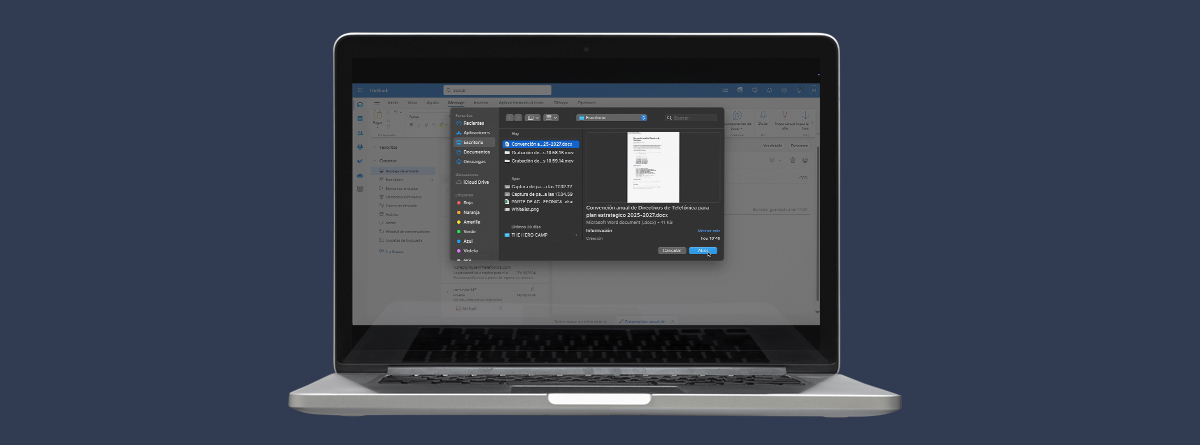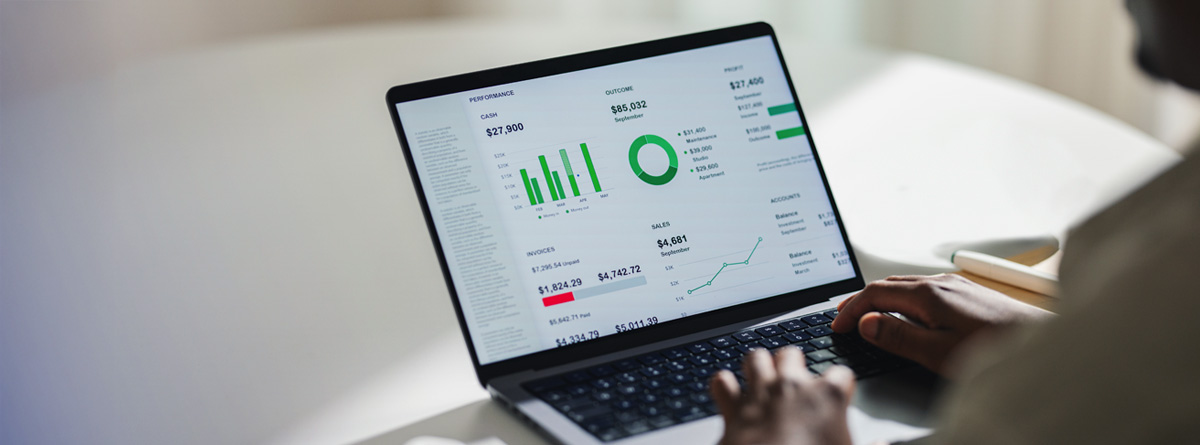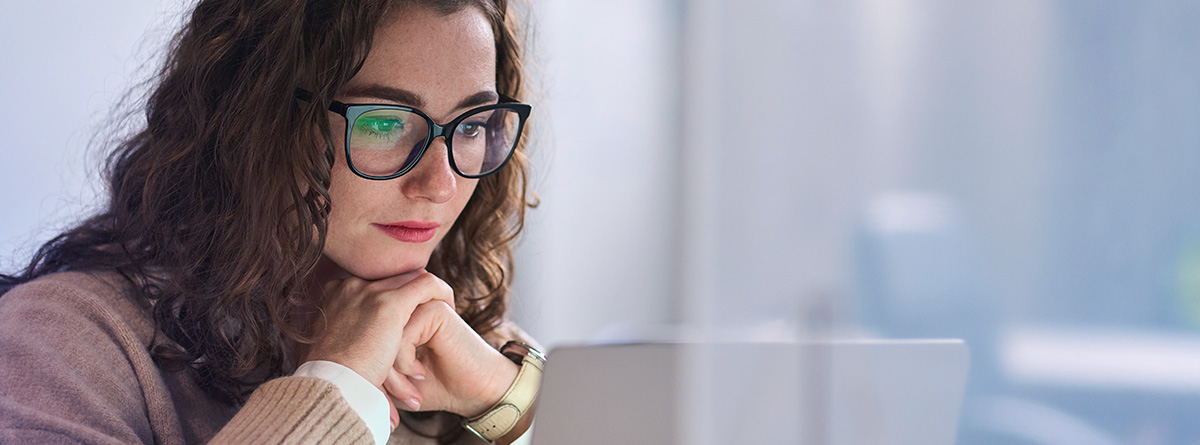TU VerifAI Premium & Pro: how to forensically analyze a video to find out if it is an FakeAI
Share

Lately we have seen many publications in many types of media with videos manipulated by means of Artificial Intelligence, or directly DeepFakes. These videos can spread rumors, or be used to generate disinformation, so to get a second opinion on whether these videos have indications of having been created with AI, we developed the service of VerifAI.

Figure 1: TU VerifAI Premium & Pro: How to do an analysis forensic to a video to find out if it is an AI Fake
This service has two versions, a Premium version and a Pro version. The version VerifIA Premium you can use it for videos longer than 10 seconds in which you will receive an analysis of the detection engines that we have implemented, paying only for the tokens consumed by that video, which is related to the size and processing time.

Figure 2: VerifAI Premium
For example, processing a 10-second video made with Deep Live Cam costs 0.34 € including taxes, so, as you can see, these are prices based on the tokens consumed by the cloud services. The following video explains how it works.
Figure 3: VerifAI Premium
But if you are a professional, a company, or you want to make a Forensic Analysis report for a judicial expertise, we have the TU VerifAI Pro version, which allows you to choose all the algorithms you want to use to examine a certain content.

Figure 4: VerifAI Pro for imaging
In this example, we can upload a video and choose all the algorithms we want to evaluate, although we can also do it for photographs as shown in the image above, and for audio files.

Figure 5: VerifAI Pro for Videos
Afterwards, all the uploaded videos – you can upload multiple ones -, remain in the Reports section, where you can see the result obtained by all the DeepFakes detection algorithms, where in the following image we have three analyzed.

Figure 6: Reports made with VerifAI Pro
If we look at the LipSync video made with Barack Obama, we can see how the engines of VerifAI gives us that it is VERY PROBABLY a DeepFake, with a high value.

Figure 7: Video report with VerifAI Pro
But we can see one by one the results of all the DeepFakes detection engines that have been used, which in this case have been only five of those that are implemented.

Figure 8: Detection engine report with VerifAI Pro
But we have added a timeline to each of the analyses, so that we can know at which particular time instants the model detected the video as DeepFake. In this case, the Barack Obama video uses Post-Production, and it is a montage, so it is easily detected by a “Human Behavior” model based on the blinking patterns.

Figure 9: Chronological report of model detections
In the case of the Deep Live Cam, where there is a person behind it, the model of HeadPose model detects inconsistencies in the bone structure at certain points in time.
Chief Digital Officer of Telefónica and CEO of Telefónica Innovación Digital.
www.elladodelmal.com





